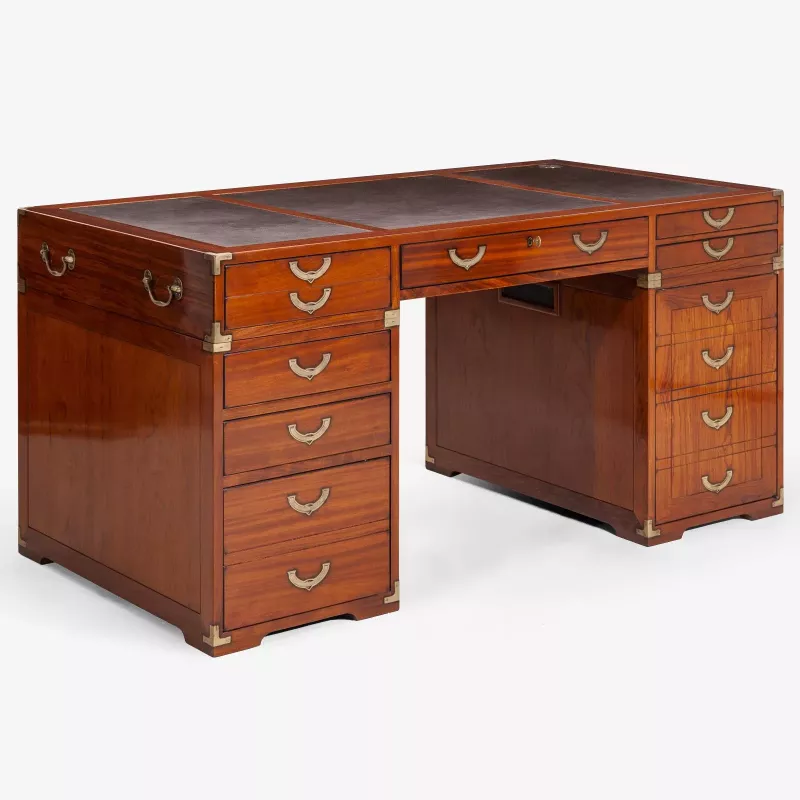KEYWEST - Magazine rack
Reference : STAR-0076
Dimensions : W40 x D44 x H77 cm
Whether it's travel reading, scientific journals, geography bulletins, political newspapers or the daily press, this magazine rack can handle it all.

Custom manufacturing

Premium materials

Traditional assemblies

Exceptional finishes
Product informations
Features
- Four canvas pockets
- Foldable
Finishes
- Wood varieties : prunus avium (cherry), Entandrophragma cylindricum (sapelli), Entandrophragma utile (sipo)
- Rosewood varnish finish
- Cotton fabric
- Engraved and inked Starbay bone logo
Technical information
- Furniture delivered already assembled
- Parcel : W45 x D17 x H91 cm / 7 kg (2pcs)
Maintenance tips
- Remove dust with an anti-static or slightly damp cloth
- Do not apply wax to avoid clogging the varnish
- Avoid cleaning with products that could potentially be abrasive to varnish
- Always protect surfaces before applying liquids or heat
- Nourish leather with body milk (for baby ideally)

Secure
payment

Made-to-measure
delivery

Customer service
and workshops in France

Click
& Collect
You may also like
Previous
Next



















